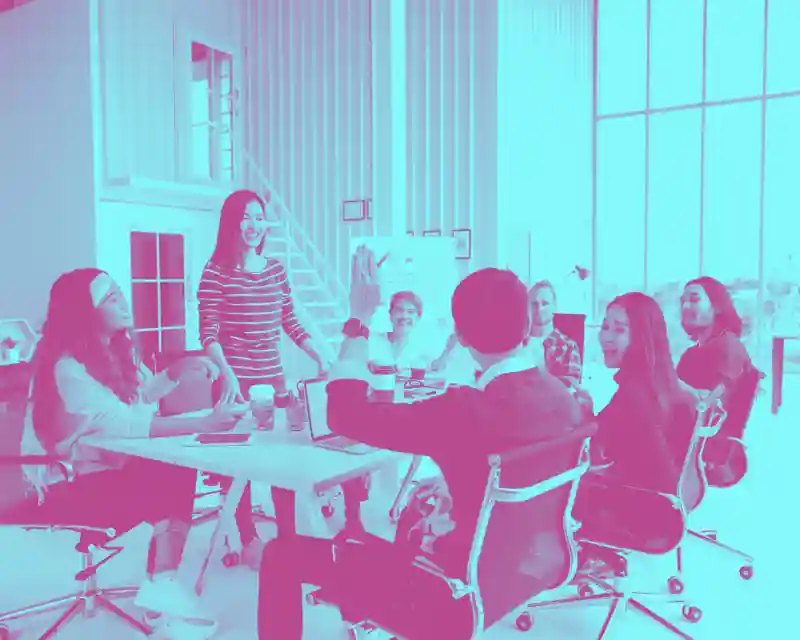Hands-On Learning and Volunteering for a Social Work Degree

Umas Nangavulan learns theories by practicing them in real life at the University of Northern Iowa.
Time has gone fast without even noticing. My journey at the University of Northern Iowa (UNI) has officially been a year. During the school year, I often ask myself, “Is it worth coming here to study social work?” However, when I look back, I think everything is more than worthy.
My classes are interesting
When we talk about college-level classes, we often think it is stressful, boring, or even useless. The biggest reason is that most of the courses are heavy lectures. Some professors might not even care if you understand how to use the concept we learn in the field. I thought my whole school year would be like that. However, ever since I entered my first social work class at UNI, I realized my learning advantages would be different.
Hands-on learning
Unlike what I pictured before, the social work program at UNI provides lots of hands-on experiences. For example, we also do a lot of role-playing during our social work class. Through role-play, we can experience different situations when working with clients. We can also practice our communication and facilitation skills. Our professor sometimes would provide some ethical scenarios they had before for us to do the case study.
One of the classes I have this semester is called Child Welfare Practice and Policy. The professor provided a suspect child abuse oral report in the class. Then, we had to establish an interview and investigation plan. We also need to make another report based on family assessments and the whole-child assessment we did during the role-play. We also had to decide whether we should remove the child from the family and make an intervention plan for the family.
At the end of the class, the professor would share how they would assist the family and what happened in real life. These class experiences help us know what we should expect in the social work world and what we can do when encountering those situations.
Community volunteering
Besides the role-play and the case study, volunteering, and social justice projects are also important in our program. For example, to complete the classes, the professor would require us to reach out to a local organization and volunteer for them. Through the volunteer experience, we could apply micro-level social work skills in the field. Also, this is a good way to establish a relationship with the locals.
As we move on to the next level of social work practice, we will have different challenges that we need to accomplish. For example, in macro-level social work practice class, we had to choose a community and issue to work with. Once we have finalized our topic, we would need to do the study and advocate for this issue. Through this project, I was able to learn about the local immigrant community and the health care issue.
It’s worth it
Those are just a few examples that I had throughout the year. I was thankful that I could learn those theories by practicing them in real life. Therefore, if you ask me again whether or not my journey here is worth it, I will still say yes.
 |
Umas Nangavulan from Taiwan is a junior majoring in social work at the University of Northern Iowa. He currently works as a student associate in the admission office, as a GPS member in the Office of International Engagement, and as a member of the International Student Promoters. |

























